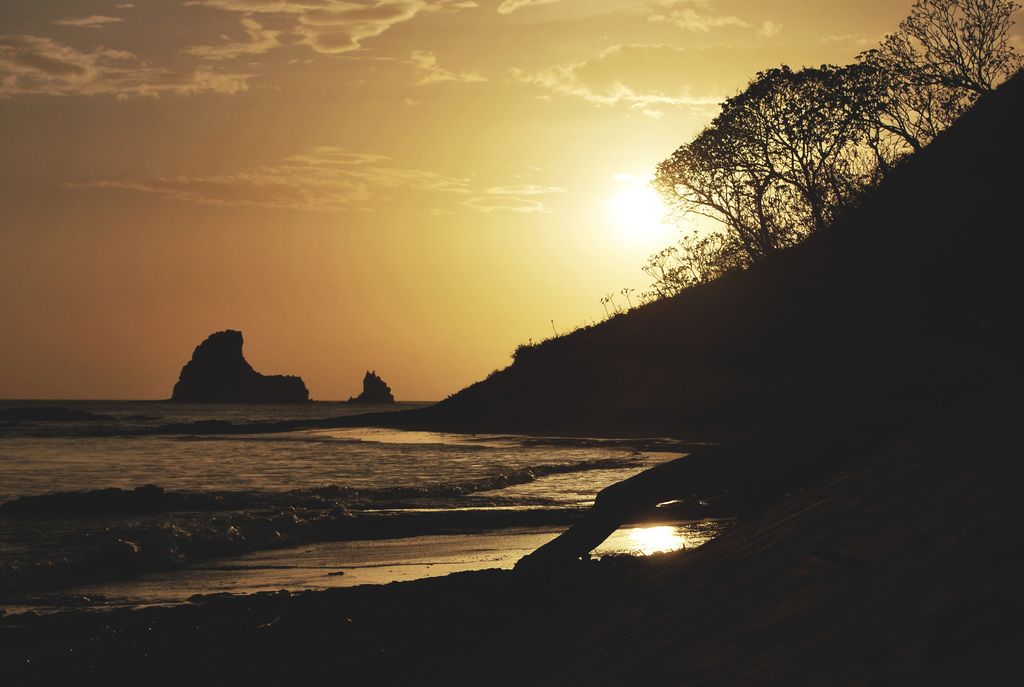Mineral Trade Tricky Business: Potential Security Consequences of a Security-for-Minerals Agreement in the Democratic Republic of Congo
Get the scoop on a potential US-DRC security deal that's shaking up the heart of Africa! Under President Donald Trump's administration, the DRC and Rwanda quietly signed a Declaration of Principles, expecting significant US public and private investment. This move comes amid a rapidly deteriorating security situation in the DRC, prompting President Félix Tshisekedi to send a letter to President Trump asking for a formal security pact in exchange for access to critical mineral reserves.
The offer from Tshisekedi isn't just about security—it's about pivoting away from economic overdependence on China. In the past, China has been deeply involved in the DRC's mineral marketplace, driving up extraction and attempting to restrict exports. Tshisekedi has been trying to renegotiate mining contracts with China since taking office, viewing them as unfair to the DRC's interests.
But here's the catch: entering into this deal could lead the US straight into a proxy war in some of Africa's deadliest terrain. On paper, it might seem like a means to secure resources, dislodge Chinese influence, and create stability for investment. Reality, however, paints a different picture. The DRC is no stranger to conflict—from 1998 to 2003, the country was rocked by the bloodiest war since World War II, the Second Congolese War. Today's conflict has been witnessing a surge in violence, making the region a tinderbox that has already drawn in nations like Rwanda and South Africa.
In recent months, M23—a Rwandan-backed rebel group—has surged through the DRC's eastern provinces, capturing the city of Goma in January and triggering a spiraling humanitarian crisis. This volatile region is both the DRC's most valuable and its most dangerous—it contains approximately 60% of global coltan reserves and 70% of the world's cobalt.
Cobalt, coltan, and other rare earth metals and magnets are critical components in semiconductors and lithium-ion batteries that power electric vehicles, smartphones, and advanced weapons systems. China currently controls about 70% of global cobalt refining capacity and dominates much of the supply chain through long-term contracts and embedded mining operations in Africa.
The DRC's offer to Washington might seem logical, but it's looking more like a trap. While the precise shape of any potential US security commitment remains undetermined, it's worth noting that US forces have deployed to the DRC before, with limited results. In August 2021, Tshisekedi authorized the deployment of US special operations forces to assist the DRC army in combating the Allied Democratic Forces (ADF), a group with links to the Islamic State. That mission, however, was limited to a few dozen personnel for a few weeks.
The dense jungle, limited infrastructure, shifting allegiances, and decades of conflict experience among armed groups like M23 offer poor odds for a quick or clean deployment. Like previous conflicts, US officials could find themselves victims of mission creep, convinced that just one more escalation will achieve the desired results. Additionally, the risk of significant political blowback should an American military assistance mission fail looms large.
There's also talk of outsourcing conflicts to mercenaries, with reports suggesting that Erik Prince, founder of the controversial private military company Blackwater, has been in contact with DRC officials to offer private security solutions. However, history has shown that mercenary deployments have failed in the past. From 2022 to 2025, European private security firms provided training and military assistance to the DRC army in Goma. Several hundred Romanian contractors led by Horatiu Potra, a former French legionnaire and well-traveled mercenary, deployed across eastern DRC to conduct tasks like airport security. Yet, M23 surrounded and captured nearly 300 of these troops when Goma was taken in January.
All things considered, the DRC is a tricky place to do business, even without an ongoing conflict. Corruption is endemic, regulatory enforcement is weak, executive authority is limited, and many key actors in the mineral economy have ties to regional militias or foreign powers. While US companies may be safe from legal restrictions on bribery for the time being, malfeasance does not form a stable basis for an economic partnership.
Moreover, China is unlikely to leave quietly. Chinese firms have embedded themselves deeply into the mining industry and offer a wider range of services, from infrastructure to arms sales. A US-brokered security arrangement could potentially stabilize the region and allow for sustainable extraction of critical minerals, but failure to address underlying conflicts could perpetuate instability and entrench foreign influence.
In conclusion, while securing access to critical mineral reserves is important, avoiding costly entanglements should be the priority. External powers that overestimate their leverage or misestimate the complexities of security in the DRC rarely exit unscathed. Washington should tread lightly in the Eastern Congo's bloodlands as it finds its footing in Africa.
- The potential US-DRC security deal, aimed at securing access to critical mineral reserves, might involve using drones for logistics in warfare to monitor and control the regions rich in coltan and cobalt.
- Military strategists might consider using special operations forces to work alongside the DRC army in confronting rebel groups, such as the Allied Democratic Forces (ADF).
- With intelligence gathered on the region's security situation, it would be crucial for the US to develop a security strategy that takes into account the shifting allegiances and decades of conflict among armed groups like M23.
- Technological advancements, like lithium-ion batteries and semiconductors, rely on rare earth metals and magnets found in the DRC, making the region of significance in education-and-self-development and general-news discussions about technology and the future of warfare.
- The DRC's military and security situation could impact the lifestyle of people worldwide as the instability in the region threatens the production and supply chain of critical minerals.
- In light of the risky and complex nature of dealing with the DRC, the US should be cautious about involving itself in military assistance missions to avoid mission creep and substantive political blowback.
- The offer from President Tshisekedi to Washington is not just about national security or access to critical minerals—it also raises questions about the ethics of outsourcing conflicts to private companies like Blackwater, as it relates to security, defense, and the broader debate on the role of mercenaries in today's warfare.






